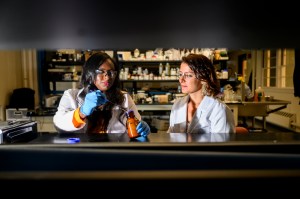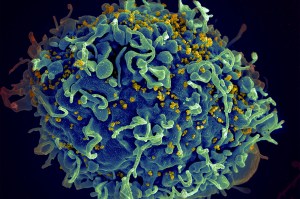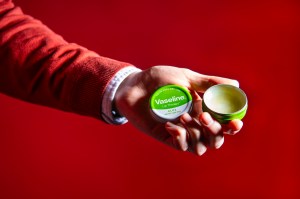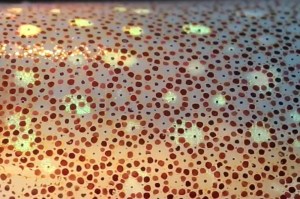
Leila Deravi in the Press
National Geographic
How scientists learn from the masters of invisibility: octopuses
How cephalopods achieve this instantaneous camouflage is a mystery that has tantalized humans since at least 350 BCE, when Aristotle made observational notes on the subject, says Leila Deravi, associate professor at Northeastern University, whose BioMaterials Design Group specializes in biomimicry.
Discover
Squid Camouflage Inspires Human Invisibility: Is it Possible?
Cephalopods also rely on tiny sacs of pigmented cells called chromatophores. “The colors are precisely layered, with yellow over red over brown,” says Leila Deravi, a professor at Northeastern University who was not involved in the study.
LiveScience
How do octopuses change color?
Around 2,400 years ago, Aristotle, the ancient Greek philosopher who is often considered one of the founding fathers of modern science, jotted down detailed observations of octopus camouflage — the first known person to do so, Leila Deravi, a biochemist at Northeastern University in Massachusetts who studies octopus camouflage mechanics, told Live Science.

Beauty startup to launch octopus-inspired skin care regimen with $3M round
In the lab of Leila Deravi, assistant professor of chemistry and chemical biology at Northeastern University, Martin studied animals such as squid, octopus and cuttlefish.
New Atlas
Squid camouflage-inspired sticker can tell when you’ve had too much sun
Scientists at Northeastern University have thrown another possibility into the mix, and one that came about through a serendipitous discovery concerning the color-changing ways of camouflaging squid.
National Geographic
New ‘smart’ skin changes color using a trick learned from chameleons
Biochemist Leila Deravi of Northeastern University, who wasn’t involved in the study, says that this new smart skin has overcome a “major problem for engineers” by figuring out how to elicit a color change without altering the volume of a polymer.

For Cephalopod Week, Dive Into the World of Octopuses, Squids and More
“We were always continuously surprised by these animals,” Leila Deravi, a professor of chemistry at Northeastern University, told The Times earlier this year. “As soon as you think you kind of understand how they work, you find something else.”









